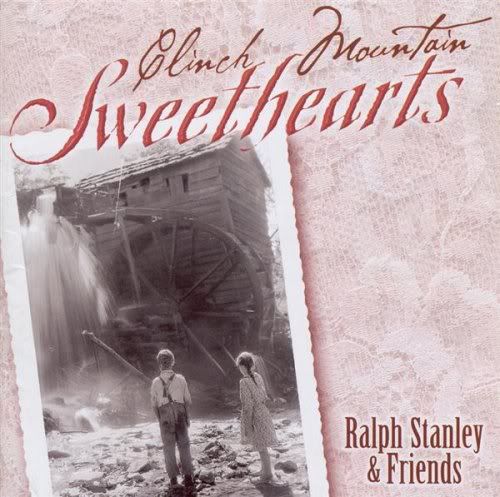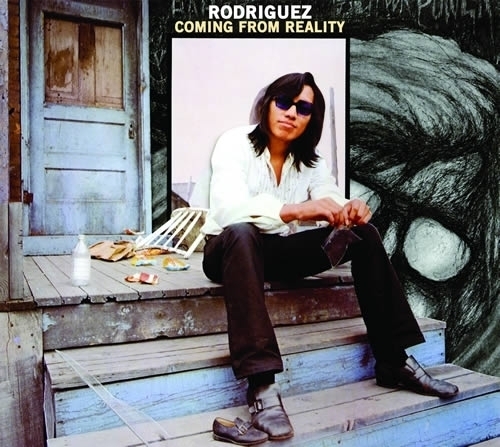We lost a long time Klipsch forum member on Sunday.
This one's for you Boxx. May you Rest In Peace my friend.

ray:
American IV: The Man Comes Around -- CD/DVD
Johnny Cash
2002 Lost Highway Records
Amazon.com
On first thought, the idea of the Man in Black recording such covers as "Bridge over Troubled Water," "Danny Boy," and "The First Time Ever I Saw Your Face" might seem odd, even for an artist who's been able to put his personal stamp on just about everything. But American IV: The Man Comes Around, which also draws on Cash's original songs as well as those by Nine Inch Nails ("Hurt"), Sting ("I Hung My Head"), and Depeche Mode ("Personal Jesus"), may be one of the most autobiographical albums of the 70-year-old singer-songwriter's career. Nearly every tune seems chosen to afford the ailing giant of popular music a chance to reflect on his life, and look ahead to what's around the corner. From the opening track--Cash's own "The Man Comes Around," filled with frightening images of Armageddon--the album, produced by Rick Rubin, advances a quiet power and pathos, built around spare arrangements and unflinching honesty in performance and subject. In 15 songs, Cash moves through dark, haunted meditations on death and destruction, poignant farewells, testaments to everlasting love, and hopeful salutes to redemption. He sounds as if he means every word, his baritone-bass, frequently frayed and ravaged, taking on a weary beauty. By the time he gets to the Beatles' "In My Life," you'll very nearly cry. Go ahead. He sounds as if he's about to, too. Unforgettable. --Alanna Nash
"The Man Comes Around" (Cash) – 4:26
"Hurt" (Reznor) – 3:38 Originally recorded by Nine Inch Nails for The Downward Spiral (1994)
"Give My Love to Rose" (Cash) – 3:28 Originally recorded by Cash for Sun, appears on Sings Hank Williams (1960), also appears on At Folsom Prison (1968)
"Bridge Over Troubled Water" (Simon) – 3:55 Originally recorded by Simon and Garfunkel for Bridge over Troubled Water (1970)
"I Hung My Head" (Sting) – 3:53 Originally recorded by Sting for Mercury Falling (1996)
"The First Time Ever I Saw Your Face" (MacColl) – 3:52 Was a number one hit for Roberta Flack (1972)
"Personal Jesus" (Gore) – 3:20 Originally recorded by Depeche Mode for Violator (1990)
"In My Life" (Lennon/McCartney) – 2:57 Originally recorded by The Beatles for Rubber Soul (1965)
"Sam Hall" (Ritter) – 2:40 Originally recorded by Cash for Sings the Ballads of the True West (1965)
"Danny Boy" (Weatherly) – 3:19 First published in 1910, previously recorded by Cash for Orange Blossom Special (1965)
"Desperado" (Frey/Henley) – 3:13 Originally recorded by The Eagles for the album of the same name (1973)
"I'm So Lonesome I Could Cry" (Williams) – 3:03 Originally recorded by Hank Williams; previously recorded by Cash for Now, There Was a Song! (1960)
"Tear Stained Letter" (Cash) – 3:41 Originally recorded by Cash for A Thing Called Love (1972)
"Streets of Laredo" – 3:33 (Traditional) Previously recorded by Cash for Sings the Ballads of the True West (1965)
"We'll Meet Again" (Charles/Parker) – 2:58 Most famously a hit for Vera Lynn (1939)


















